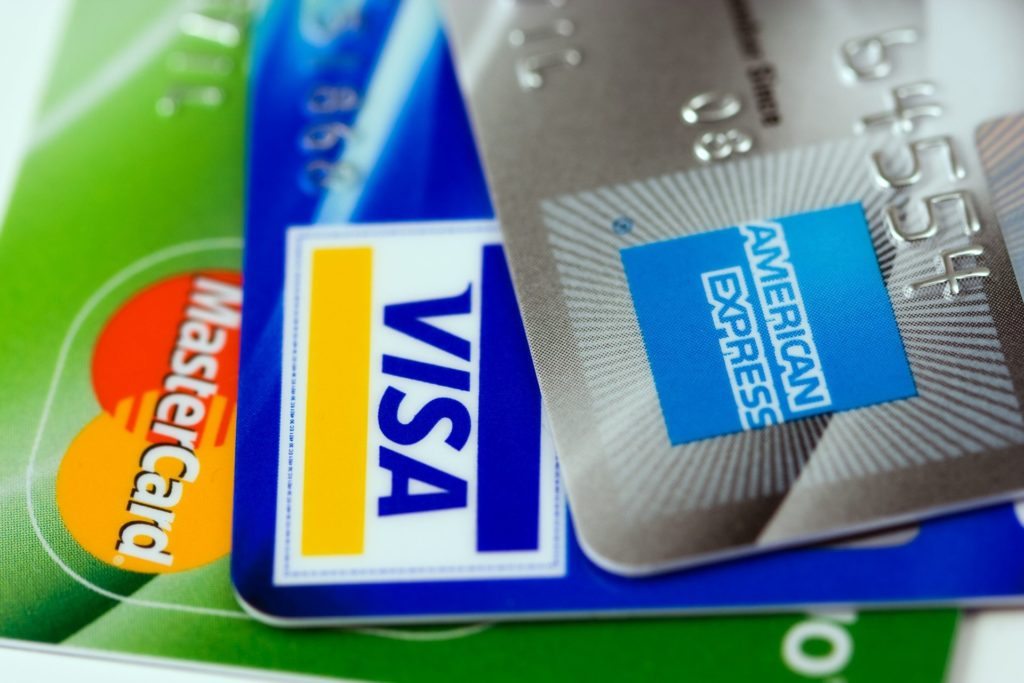I’ve been travelling overseas regularly for 20 years – I started back in the day of traveller’s cheques. Those days, thankfully, are long gone. There’s a few things you should do before you leave to make sure you have your cash and credit cards sorted. And ones that won’t cost you an arm and a leg.
A friend of mine incurred over $600 in bank fees – yes, bank fees, in less than six months when travelling around South America for six months, and that’s not from cash advances. International bank fees can really add up, so it pays to do your research before you go. Better in your pocket than in the bank’s!
My top tips and advice for preparing for overseas travel:
Ideally, you need three cards:
1. daily credit card
2. back up credit card
3. daily debit card for withdrawing cash from ATM’s / cash machines.
1. Credit cards
Have two credit cards (two accounts). One that you carry with you on a daily basis, and one that stays locked in your hotel / hostel safe. That way, if the one you are carrying gets lost or stolen, you have piece of mind that you can access cash / pay for goods (hopefully, while waiting for a replacement card).
2. Choosing a credit card
What to check when choosing a credit card:
- Compare currency conversion fees.
- Is there an interest free period (will you be back by then?)?
- Is there an annual fee?
- Are there fees on purchases made in foreign currencies?
Cash advance fees (withdrawing cash from your credit card) nearly always incurs high interest of over 20 per cent with no interest free period. Choose a debit card for access to cash.
In Australia, one of best international credit card to use overseas that incurs no fees what so ever (cash advances the exception) is the 28 Degrees MasterCard, a subsidiary of GE Capital. There’s no benefits from this card – no reward scheme, no frequent flyer points, no travel insurance. It’s a good choice for your daily spend credit card when overseas because there are no fees.
3. Access to cash
Before you go, closely compare bank travel cards and debit cards for overseas use so you can withdraw cash. Look for international transaction fees, currency conversion fees, and fees for using an ATM/cash machine not issued by your bank. In Australia, at at 30 June 2015, the bank with the lowest fees that we found is Citibank.
4. Real cash
Depending on your travel destination, it is a good idea to have a moderate amount of cash in the local currency with you before you land. That way, if there are no functioning cash machines at the airport when you land (or train station, port, bus station, ferry terminal, etc), you’ll have cash on you and be able take a taxi or bus to your accommodation. Some countries accept US dollars or Euros, many don’t.
Safe and happy travels! What are you top travel financial tips before you leave home?
Note: This is not a sponsored post, but based on my own view and experiences.


